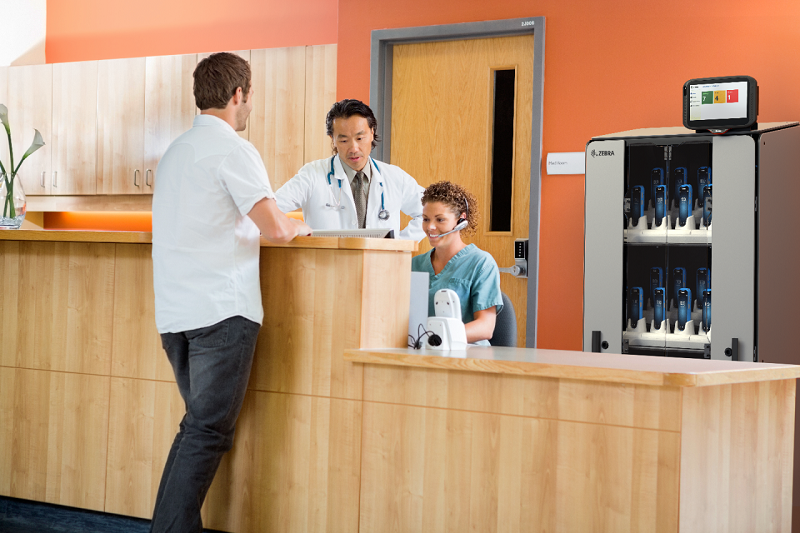According to NHS England, more than 15 million healthcare appointments are missed annually.
And approximately 7.2 million of these are missed appointments with GPs, costing the NHS a staggering £216m per year.
Of course, there are many reasons for someone to miss an appointment: for example, they may have a family emergency, a physical illness that makes them unfit to attend, or transport problems.
Plus, since the pandemic, there has also been an increasing number of missed appointments due to anxiety – yet another challenge for healthcare providers.
But Tim Morris of communications provider, Cymphony, believes attendance rates can be bolstered by utilising technology.
In addition, investing in ways to put patients at ease can help them make the most of their appointments and be better equipped to digest all the information given to them.
Morris is also confident that providers who embrace communication technology will benefit from lower staffing costs and, more importantly, alleviate non-essential drains on staff time, allowing them to focus on critical tasks.

Patients miss appointments for a number of reasons, including anxiety, transport problems, and family emergencies
The power of the personal
“We all know missed appointments can be extremely costly,” he said.
“Unfortunately, there’s no single way to eliminate them completely.
“However, a 24-hour telephone answering service can go a long way to reducing the number and frequency of cancellations and no-shows.”
Answering phone lines can be a struggle for busy surgeries or clinics at the best of times, especially because of the difficulty of recruitment.
And missed calls and lengthy hold times will often result in no-shows so, being able to resolve a patient’s enquiry quickly, without compromising on the personal touch, is vital.
“This may mean answering a few simple questions to put someone’s mind at ease, or confirming timings and location details,” said Morris.
“It may even mean rebooking a new appointment – allowing for the now-known slot to be reallocated to someone else.
“Either way, the net result is no downtime for your busy practice and no valuable team members twiddling their thumbs.”
The personal touch is especially important when dealing with patients.
Morris explains: “Some people will be incredibly shy, anxious, and even genuinely frightened when it comes to visiting a surgery or clinics, so it is important to deal with people on a very-human level.
“Using a trained human operator will put patients at ease as they can answer a multitude of questions and enquiries quickly and efficiently with genuine empathy. This is something that an automated system or chatbot struggles with when facing a complex personal or medical history.”
Outsourcing to a telephone answering service can also ensure patients are called a few days before their appointment to give them a gentle reminder of their upcoming commitment.
“Getting a system like this in place is invaluable for a healthcare provider and will drastically reduce the number of missed appointments and loss of earnings,” said Morris.
“Live chat is forward-thinking digital solution that can also help to keep patients committed by offering instant access to key information and answers to common questions in advance.
“From health questions, to availability, patients can gain the information they require at the click of a button.
“Whether that’s on your own website, through an app, or social media pages; live chat services are quick, convenient, and cost-effective. It’s also a fantastic way to reduce the number of non-essential inbound calls.”

More than 15 million appointments are missed every year, costing the NHS more than £216m
Empowering patients
He added: “A well-prepared patient will feel confident and have the skills to actively participate, as far as they want to, in conversations about their immediate health and ongoing care.
“Using telephone answering or live chat services will help prepare patients to get the most out of their appointment by giving them all the information required ahead of time.
“This could be ensuring they have the right address, letting them know who they will be talking to, and fielding any general and frequently-asked healthcare questions.
“Finally, because going the extra mile for your patients is the best way to retain them, telephone answering services will carry out follow-up calls after an appointment.
“Not only does this let your patients know that you have a genuine concern for how they felt their appointment went, but it also allows them to ask any questions about the appointment or to book in again.”
